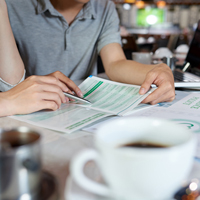How to Financially Prepare for a Natural Disaster
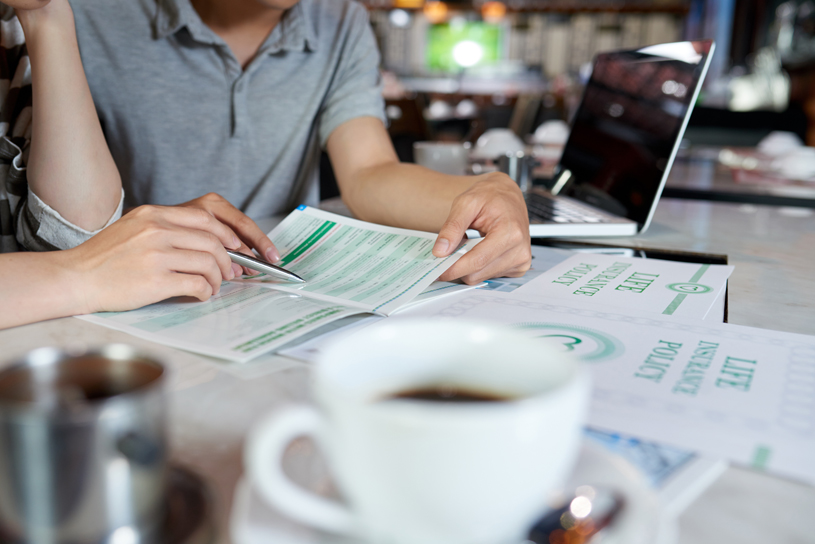
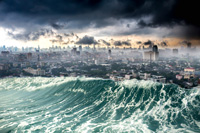 With the focus on the COVID-19 pandemic, the coming hurricane and wildfire season is likely not on many Americans’ radars right now. However, with many people in a financially precarious position over the last couple of months, it’s more important than ever to be prepared for a natural disaster.
With the focus on the COVID-19 pandemic, the coming hurricane and wildfire season is likely not on many Americans’ radars right now. However, with many people in a financially precarious position over the last couple of months, it’s more important than ever to be prepared for a natural disaster.
While no one can predict exactly when a disaster like a hurricane, wildfire, tornado or flood will hit, the key is planning for one as if it will strike eventually. Here are steps you can take to prepare for if and when a weather-related event impacts you or your family.
Review your insurance policies
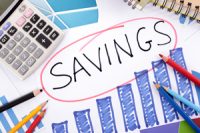 Check your insurance policies to determine how you’re covered by insurance, primarily to make sure there aren’t any gaps in disaster coverage. For instance, many home ownership policies include damage related to fire but don’t cover damage due to floods or earthquakes.
Check your insurance policies to determine how you’re covered by insurance, primarily to make sure there aren’t any gaps in disaster coverage. For instance, many home ownership policies include damage related to fire but don’t cover damage due to floods or earthquakes.
Insurance is one of the most important tools to help you overcome any losses from a natural disaster. If supplemental insurance, such as flood coverage, seems appropriate, explore all your options.
Protect your financial records
 If a natural disaster occurs, the documents needed to rebuild your life should either be with you or stored somewhere safely out of harm’s way. Consider keeping items like insurance policies, birth and marriage certificates, passports, wills, trusts and medical information in a waterproof and fireproof safe.
If a natural disaster occurs, the documents needed to rebuild your life should either be with you or stored somewhere safely out of harm’s way. Consider keeping items like insurance policies, birth and marriage certificates, passports, wills, trusts and medical information in a waterproof and fireproof safe.
In addition, you may want to keep digital copies of these documents on an external hard drive or thumb drive that can be stored safely or be accessible to you through remote cloud storage.
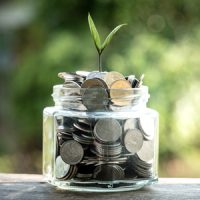
Boost your emergency savings
Emergency funds are critical in the event of a natural disaster. For instance, if you need to evacuate your home and live in a hotel for a period of time, those expenses can add up quickly. So, having three to six months’ worth of income set aside in an account you can easily access is important. In extreme situations, a disaster can shut down local ATMs and banks, so you may also want to consider keeping some cash on hand.
Any type of natural disaster can take a toll on your financial life in the short and long term. Working with a financial advisor on a financial plan that accounts for these types of events could help ease the burdens you may face when and if the time comes — and it will give you peace of mind in the meantime.

Ms. Navneet Pahal, CFP®, APMA®, CRPC®
Private Wealth Advisor | Managing Partner
Pahal, Vora & Associates
A private wealth advisory practice of Ameriprise Financial Services, LLC
CA Insurance License #0E39142
Visit website: www.pahalvoraandassociates.com
Email: Navneet.k.pahal@ampf.com
Call: (619) 358-9893 for more information

